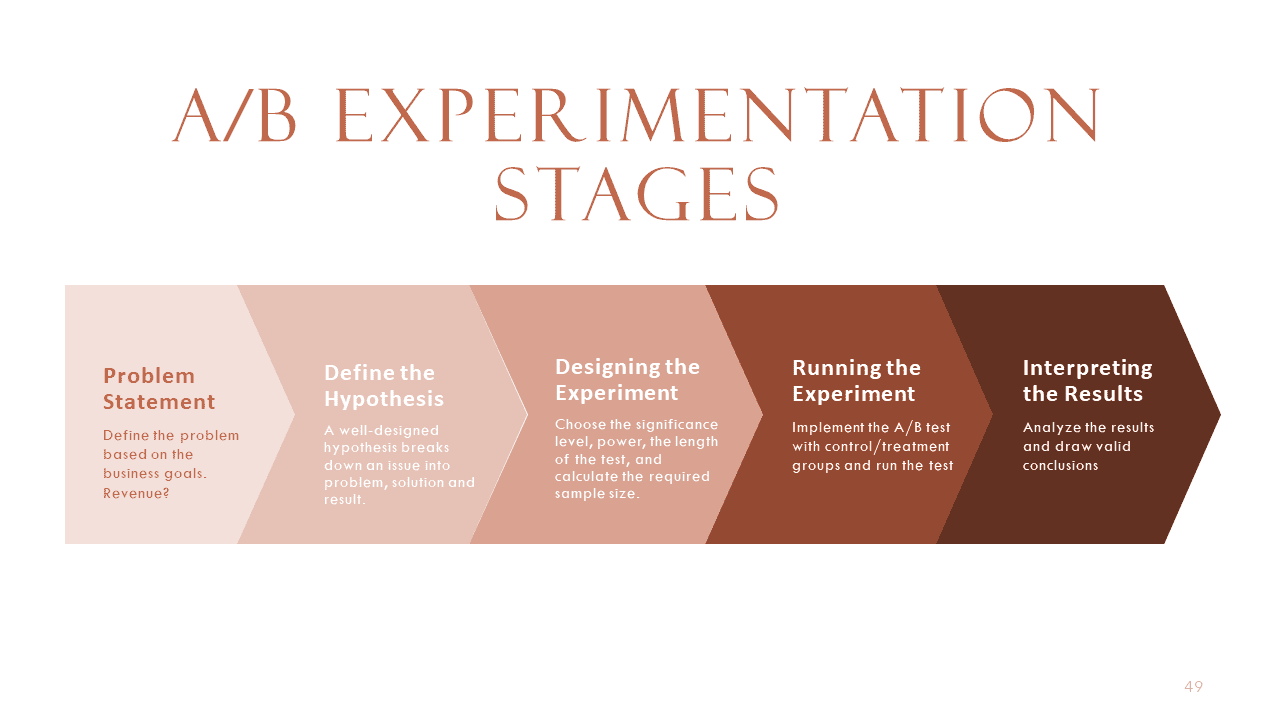
Image by Author
In a previous article, I explained how AI is the skill of the future, with roles that command salaries up to $375,000 annually.
Large Language Models (LLMs) have become a central focus in AI, and almost every data-centric role now requires some foundational understanding of these algorithms.
Whether you’re a developer looking to expand your skill set, a data practitioner, or a professional who wants to transition into the field of AI, you stand to gain a lot from learning about LLMs in the current job market.
In this article, I will provide you with 10 free resources that will help you learn about Large Language Models.
1. Intro to Large Language Models by Andrej Karpathy
If you’re a complete beginner in the field of AI, I recommend starting with this hour-long YouTube tutorial explaining how LLMs work.
By the end of this video, you will understand the workings behind LLMs, LLM scaling laws, model fine-tuning, multimodality, and LLM customization.
2. GenAI for Beginners by Microsoft
Generative AI for Beginners is an 18-lesson course that will teach you everything you need to know about building generative AI applications.
It starts from the very basics — you will first be introduced to the concept of generative AI and LLMs, and then progress to topics like prompt engineering and LLM selection.
Then, you will learn to build LLM-powered applications using low-code tools, RAGs, and AI agents.
The course will also teach you how to fine-tune LLMs and secure your LLM applications.
You are free to skip modules and select the lessons that are most relevant to your learning goals.
3. GenAI with LLMs by Deeplearning.AI
Generative AI with LLMs is a course on language models that will take approximately 3-weeks of full-time study.
This learning resource covers the basics of LLMs, transformer architecture, and prompt engineering.
You will also learn to fine-tune, optimize, and deploy language models on AWS.
4. Hugging Face NLP Course
Hugging Face is a leading NLP company that provides libraries and models that allow you to build machine-learning applications. They allow everyday users to build AI applications easily.
Hugging Face’s NLP learning track covers the transformer architecture, the workings behind LLMs, and the Datasets and Tokenizer libraries available within their ecosystem.
You will learn to fine-tune datasets and perform tasks like text summarization, question-answering, and translation using the Transformers library and Hugging Face’s pipeline.
5. LLM University by Cohere
LLM University is a learning platform that covers concepts related to NLP and LLMs.
Similar to the previous courses on this list, you will begin by learning about the basics of LLMs and their architecture, and progress to more advanced concepts like prompt engineering, fine-tuning, and RAGs.
If you already have some knowledge of NLP, you can simply skip the basic modules and follow along to the more advanced tutorials.
6. Foundational Generative AI by iNeuron
Foundational Generative AI is a free 2-week course that covers the basics of generative AI, Langchain, vector databases, open-source language models, and LLM deployment.
Each module takes approximately two hours to complete, and it is recommended that each module be finished in one day.
By the end of this course, you will learn to implement an end-to-end medical chatbot using a language model.
7. Natural Language Processing by Krish Naik
This NLP playlist on YouTube covers concepts like tokenization, text preprocessing, RNNS, and LSTMs.
These topics are prerequisites to understanding how large language models today work.
After taking this course, you will understand the different text-processing techniques that form the backbone of NLP.
You will also understand the workings behind sequential NLP models and the challenges faced in implementing them, which ultimately led to the development of more advanced LLMs like the GPT series.
Additional LLM Learning Resources
Some additional resources to learn LLMs include:
1. Papers with Code
Papers with Code is a platform that combines ML research papers with code, making it easier for you to keep up with the latest developments in the field alongside practical applications.
2. Attention is All You Need
To better understand the transformer architecture (the foundation of state-of-the-art language models like BERT and GPT), I recommend reading the research paper titled “Attention is All You Need”.
This will give you a better understanding of how LLMs work and why transformer-based models perform significantly better than previous state-of-the-art models.
3. LLM-PowerHouse
This is a GitHub repository that curates LLM tutorials, best practices, and code.
It is a comprehensive guide to language model — with detailed explanations of LLM architecture, tutorials on model fine-tuning and deployment, and code snippets that can be used directly in your own LLM applications.
10 Free Resources to Learn LLMs — Key Takeaways
There is a sea of resources available to learn LLMs, and I’ve compiled the most helpful ones into this article.
Most of the learning material cited in this article requires some knowledge of coding and machine learning. If you don’t have a background in these areas, I recommend looking into the following resources:
 
 
Natassha Selvaraj is a self-taught data scientist with a passion for writing. Natassha writes on everything data science-related, a true master of all data topics. You can connect with her on LinkedIn or check out her YouTube channel.



